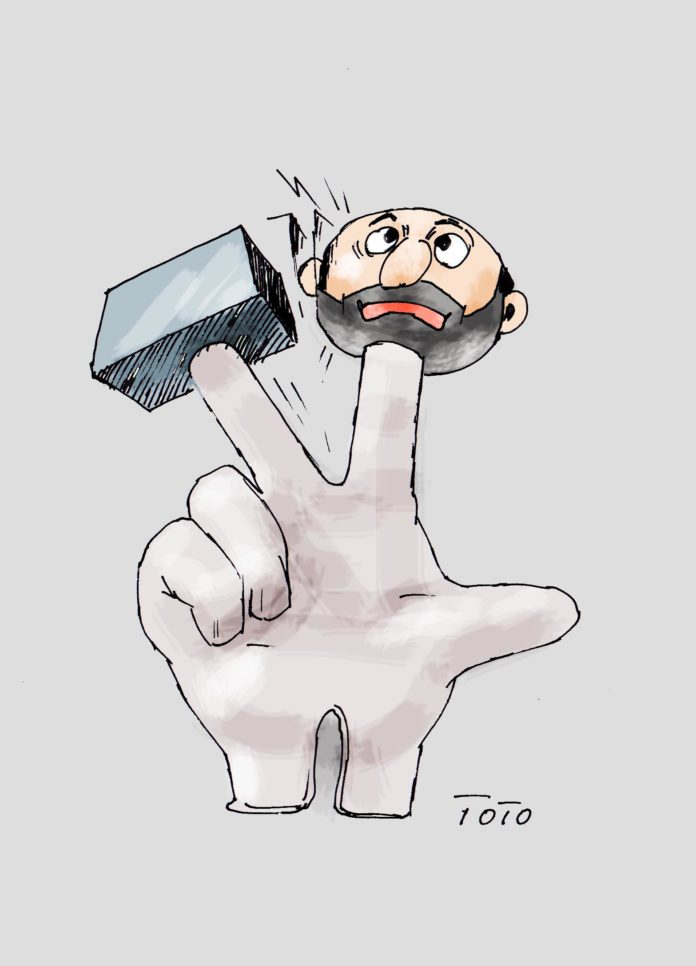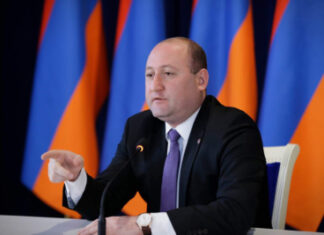Spending a few weeks in Armenia gives one the benefit of access to the ongoing processes that generate the news. But ironically, that news is not always true.
In Armenia, one is caught in the jungle of politics where news outlets chase fake news and where polemicists take over the role of commentators and one is at a loss to find a sober, impartial voice which would provide objective information and rational commentary.
After returning from Armenia, time and distance have filtered all the facts afforded me to have a better perspective on the politics that have gripped the country.
The Velvet Revolution has not run its course yet. It is to everyone’s advantage to consolidate the gains of that revolution. There is no returning to the past, yet moving forward has become a tremendous challenge for the young administration. Forces in and out of Armenia are trying to push back the achievements of the revolution.
Just last week, Prime Minister Nikol Pashinyan’s candidate lost his bid to become mayor of the city of Abovyan. When asked about this defeat, the prime minister answered: “We brought the revolution to allow people to have a choice. Thus, the revolution won.” Of course, some members of the ancient regime would have liked to interpret that single defeat as a sign of dwindling influence of the current administration.
It is hard to see how Prime Minister Pashinyan will navigate through domestic and foreign obstacles to achieve the goals of the revolution.










